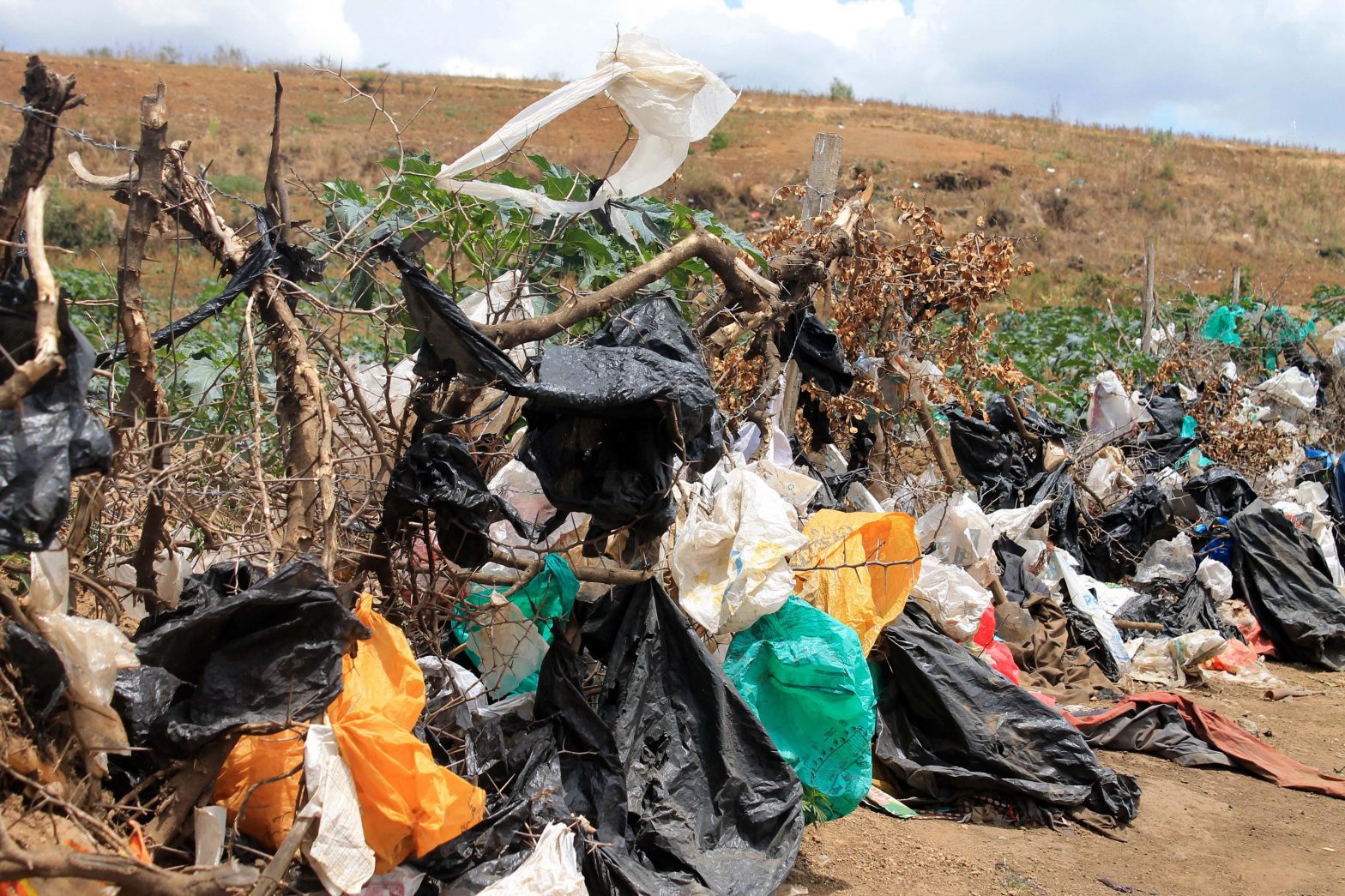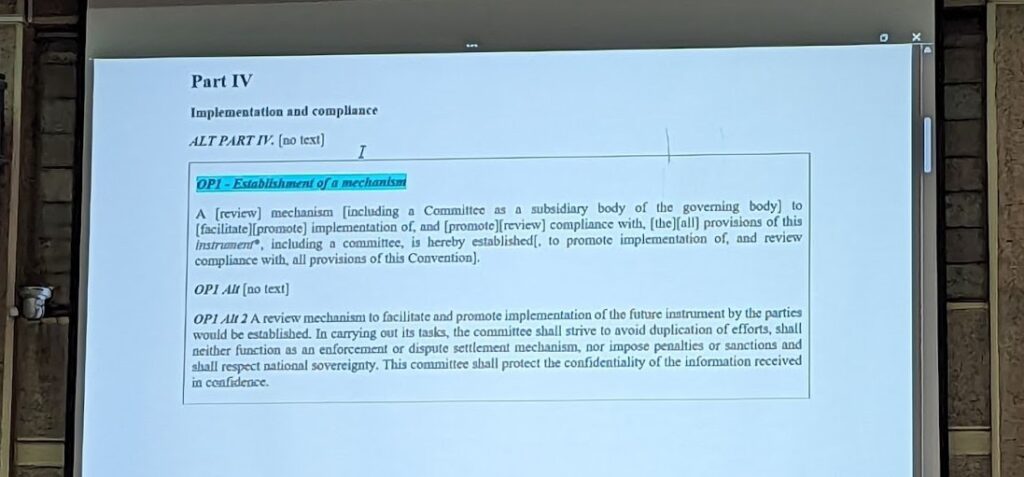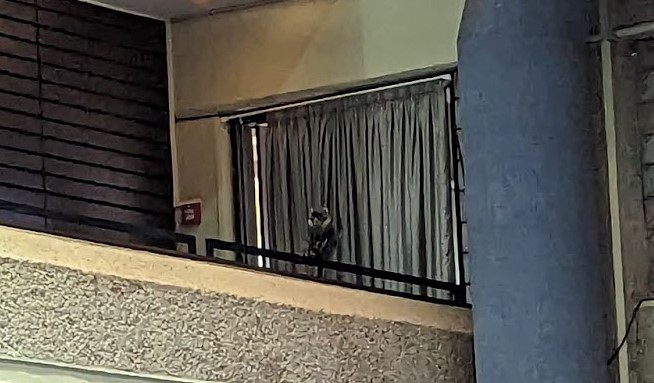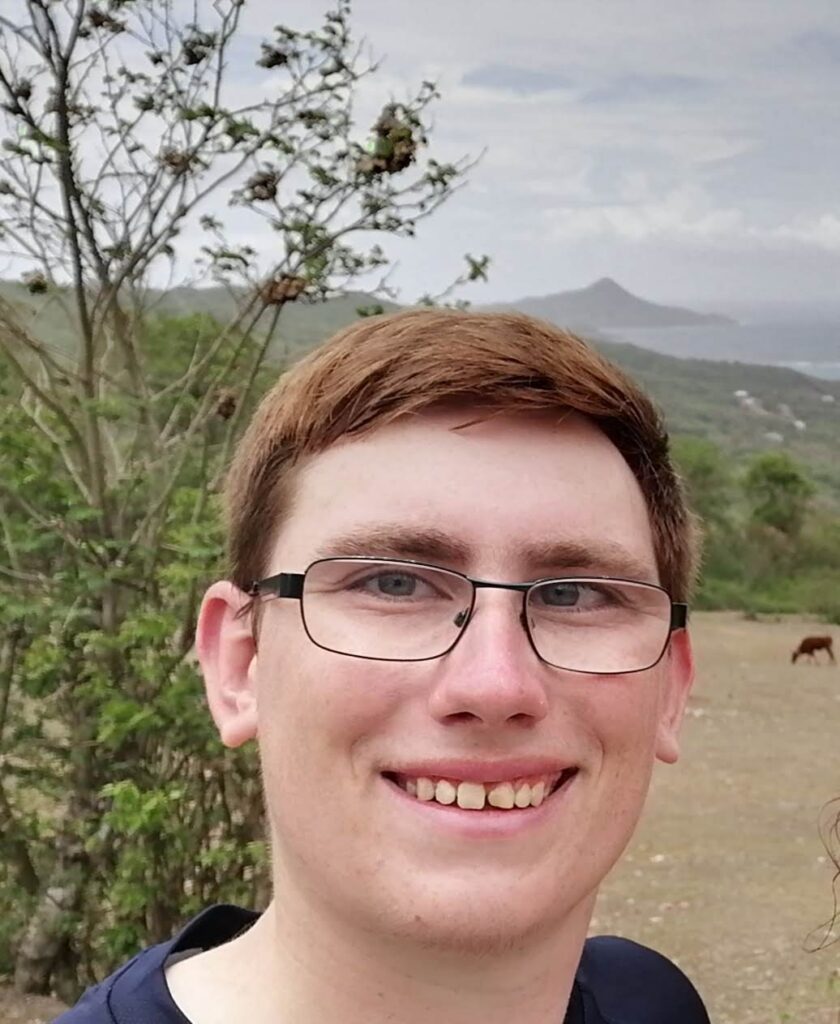Contact Groups overrun as the clock ticks down on INC-3

Photo by James Wakibia
On the final day of contact groups, time is running out for compiling amendments to the zero draft and a vote to allow vital intersessional work to pave the way for INC-4 looms.
The final day of Contact Group discussions commenced today, on day 6 of the third session of the INC. I was attending Contact Group 2 deliberations as they resumed from yesterday afternoon. The Co-Facilitators commenced the meeting by announcing that the Co-Facilitators compilations of written submissions for the remaining 7 provisions in Parts III and IV of the zero draft had been released overnight (accessible on the INC webpage here under Contact Group 2). They proposed to continue on the same basis established yesterday morning whereby a validation of the compilation documents was conducted with Members being able to flag any missing submissions and offer any suggestions for potential streamlining of text. While one Member did suggest that the room limit interventions to flagging missing submissions in the interest of time, this proposal did not receive assent from the room.
Prior to validations, the Co-Facilitators were asked if they were restricted to only conduct streamlining of the text if recommended by members. They confirmed that while they would take guidance into account, the lack of suggestions for streamlining would not preclude them from doing so if they felt it was appropriate. The validation of all 7 compilations passed remarkably efficiently with no significant hurdles in a continuation of yesterday’s cooperative spirit, leaving the Co-Facilitators ample time at the end of the session to set out their proposed next steps and seek the consent of the Contact Group.

In setting out the next steps, the Co-Facilitators presented an example of a merged text to seek the Contact Group’s confidence in their approach. Where text for multiple options is substantially similar, it is merged into 1 paragraph with bracketed text where divergence occurs. Where the text is substantially different, it is presented as an alternative paragraph. The co facilitators also presented a version of the same text with tracked changes visible to seek views on which version Members would like to work from. While there was broad support for working from the clean version, Members agreed that both versions should be uploaded for transparency. In closing the work of the Contact Group, the Co-Facilitators stated they would work with the secretariat to merge the compilations over the afternoon and endeavour to have uploaded all text by the conclusion of the INC. The Contact Group was brought to a close 20 minutes ahead of schedule with rounds of thanks and applause from both the Co-Facilitators and Members after a constructive week of deliberations.

In the afternoon I attended Contact Group 3 where the Co-Facilitators proposals regarding Part I, Part V and Part VI of the zero-draft text were discussed, initially beginning with discussion of the preamble. While the Co-Facilitators intended this to be a simple readthrough of their text, with the goal of receiving assent for the report to be presented to members in plenary, a number of members attempted to use this as an opportunity to negotiate aspects of the text. After over 60 minutes of conversation on preamble with a long list of suggested additions and deletions of text, one Member intervened to encourage the floor to recall that the aim of the session was to agree a starting point and not a final text. They noted that, while all Members, including themselves may have elements that they wish to revise, now is not the time for this as the Contact Group was entering the final 2 hours of scheduled deliberations. While this comment received some support, over half of the session was spent discussing the first of nine elements which needed assent for presentation to plenary. While I had to leave at this point, reports from other delegates suggest that this Contact Group were still meeting late into the night and the stocktaking plenary, originally scheduled for Saturday evening, has been postponed to Sunday morning. More concerningly it appears that Contact Group 3 were unable to agree a proposal on intersessional work. Therefore the Co-Facilitators proposal will receive a first viewing at plenary on Sunday, significantly lengthening the time it is likely to take for discussion.
Sadly this marked the end of my time at the UNEP compound, as my flight back to London departs in the early hours of Sunday morning. If the spirit of the week’s negotiations is maintained, tomorrow should bring a successful week of negotiations to a close. However, this is a critical day of discussions, with a few procedural matters to cover including the election of officials, and the need to secure a mandate for both intersessional work and the compilation of a First Draft. If there is a sticking point still to come in this session, it will likely be in securing a mandate for intersessional work which is critical to ensure we can make 5 months of positive progress between now and the fourth session of the INC in Ottawa, Canada. Failure to agree this mandate would be a significant setback in aims to finalise the treaty by the end of 2024. I will be following the webcast and will update after the conclusion of proceedings with a summary of the day’s key points as well as my reflections on nine days of Treaty discussions.
Author biography

Sam Winton is a postgraduate researcher who has worked in the Revolution Plastics team at the University of Portsmouth since its creation in 2020. Sam recently commenced a PhD ‘Exploring the development and outcomes of the global plastics treaty’ at the University of Portsmouth and the University of Surrey. Sam also works with the University of Portsmouth’s Global Plastics Policy Centre (GPPC) researching stakeholder views of the treaty process to date.
With a background in environmental hazards and community preparedness, Sam’s main research focus is working with communities and a broad range of stakeholders to tackle environmental challenges. He has also conducted work with international organisations with a view to creating policies to tackle the global plastics problem, and facilitate sustainable development.